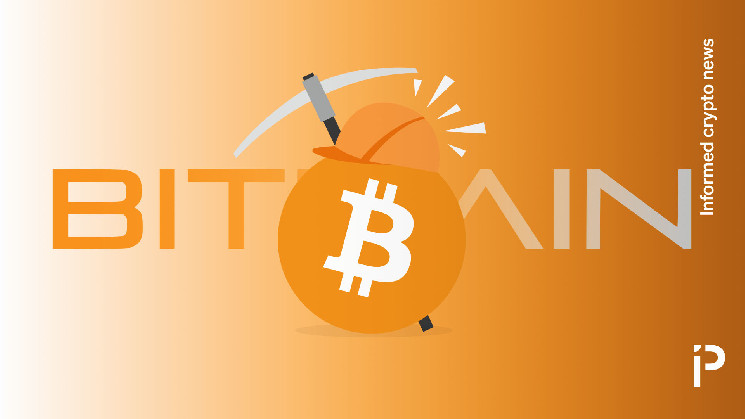In April, pseudonymous researchers Mononaut and 0xB10C confirmed a long-held suspicion that Bitmain influenced a concerning percentage of the bitcoin mining network. Today, follow-up research confirms the sway of Bitmain over ‘proxy’ mining pools.
Although bitcoin miners are technically able to switch mining pools as they wish, this research reveals that as a practical matter, many of them rarely if ever switch away from Bitmain-led work templates.
A detailed follow-up analysis applied a weighted similarity score of transaction ordering and block templates across 37% of Bitcoin’s hashrate. The analysis revealed that many supposedly independent mining pools are mostly passing along Bitmain-templated work to their miners.
Read more: New research suggests Bitcoin mining centralized around Bitmain
Specifically, Poolin and BTC.com are 99% and 98% similar to the Bitmain-operated AntPool.
Although these three mining pools are the most similar, there are even more proxy-like relationships with others. Blocks produced by pool operators Ultimus, Braiins, Binance, and Spider also have over 80% correlation to this Bitmain-led trio.
It has never been a secret that Bitmain manufactured the world’s overwhelming, physical majority of bitcoin mining machines. However, its lesser-known role in the day-to-day operations of bitcoin mining pools is now under scrutiny thanks to original research by 0xB10C.
The ongoing research series by 0xB10C and Mononaut is careful to disclaim that the similarity of work across pools and miners accepting block templates from Bitmain entities does not necessarily indicate that Bitmain controls their work.
Indeed, miners often accept Bitmain defaults and block templates out of convenience — not because they are succumbing to an explicit directive.
0xB10C operates Bitcoin network monitoring tools like miningpool-observer and peer-observer, and fork-observer. The researcher is also a long-term recipient of a philanthropic grant from OpenSats.
 protos.com
protos.com
